Our presenters
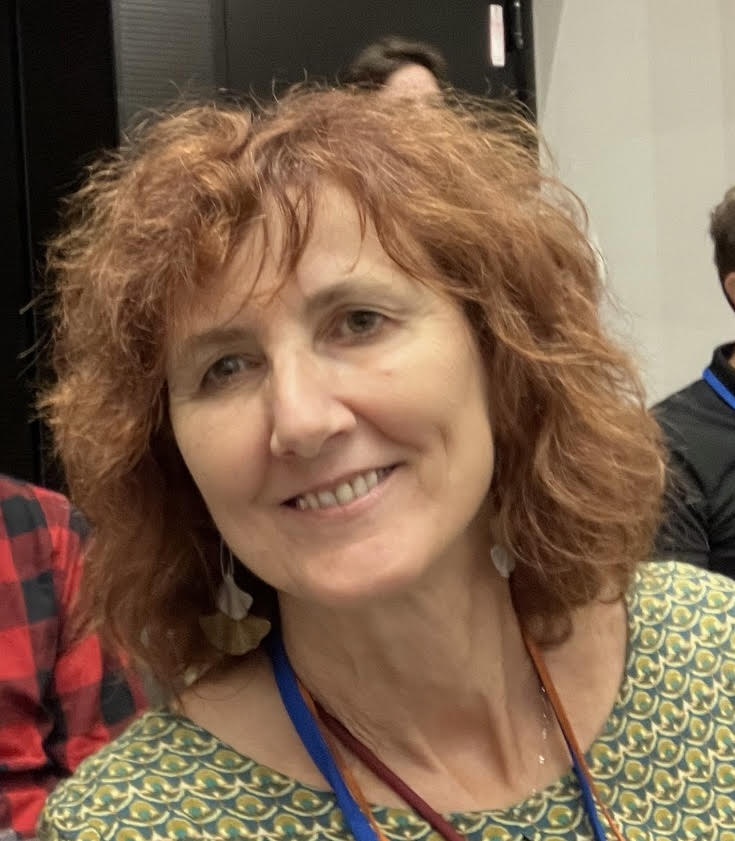
Prof. Laura Mugnai
DAGRI, University of Florence - Professor of Plant Pathology
Vine trunk diseases: a challenge to be met!
The main research activity of Laura Mugnai focused on Grapevine Trunk Diseases epidemiology and management, especially on Esca complex, and on sustainable control of diseases, in particular in the vineyard, by participating in European networks and projects. She is a co-funder of the international Council on Grapevine Trunk Diseases, Vice-president of the International Society of Plant Pathology, and Co-Editor in Chief of the international journal Phytopathologia Mediterranea.
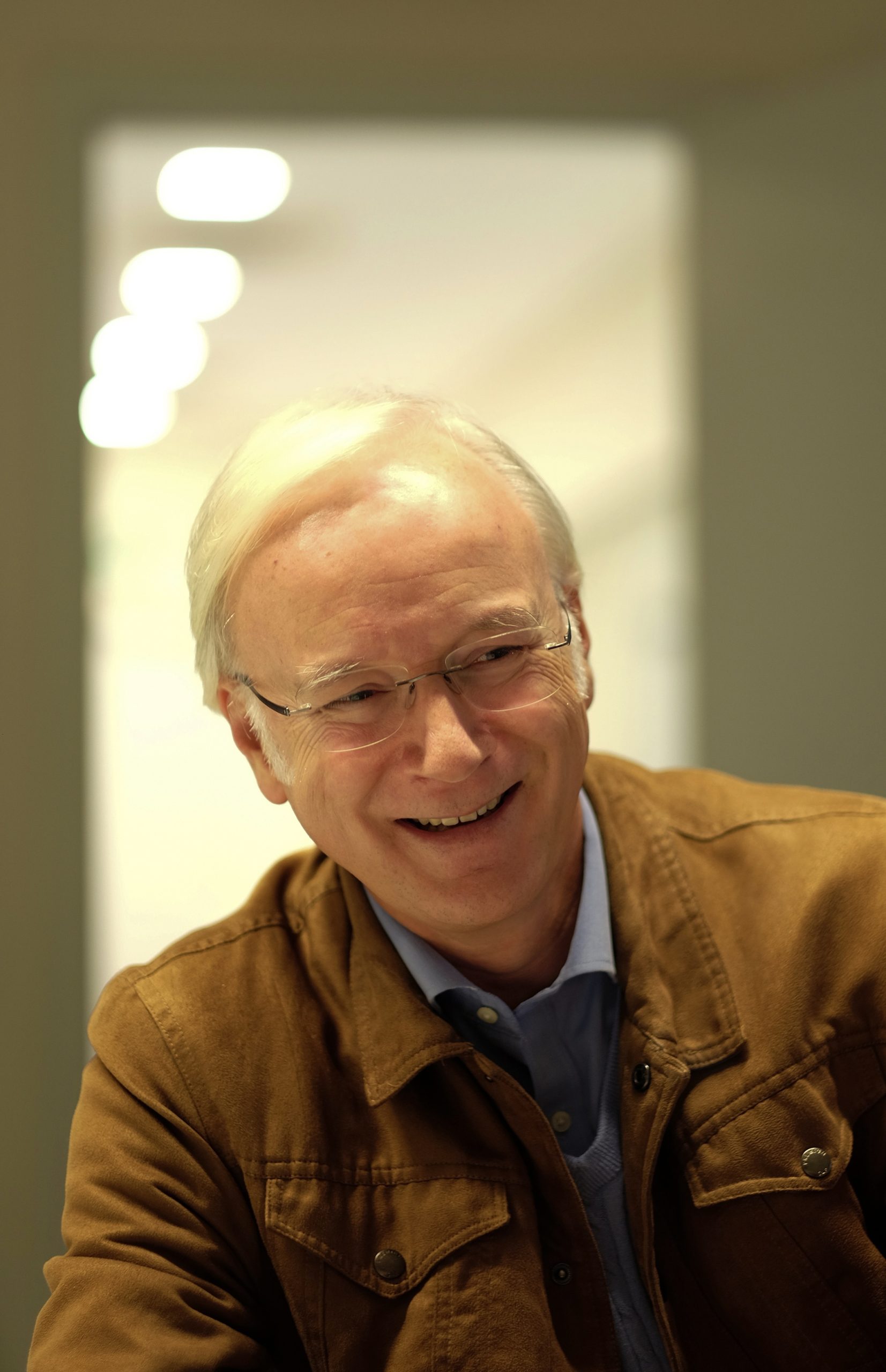
Antonio Graça
SOGRAPE - HEAD OF RESEARCH AND DEVELOPMENT
Innovation in viticulture and enology: From the green revolution to the green devolution
Antonio Graça is Head of Research and Development at Sogrape Vinhos SA. He holds a MSc. degree in Oenology from UTAD having worked before as an oenologist and winemaker. He serves as Scientific Secretary of the Sustainable Development and Climate Change expert group of the International Organization of Vine and Wine - OIV.
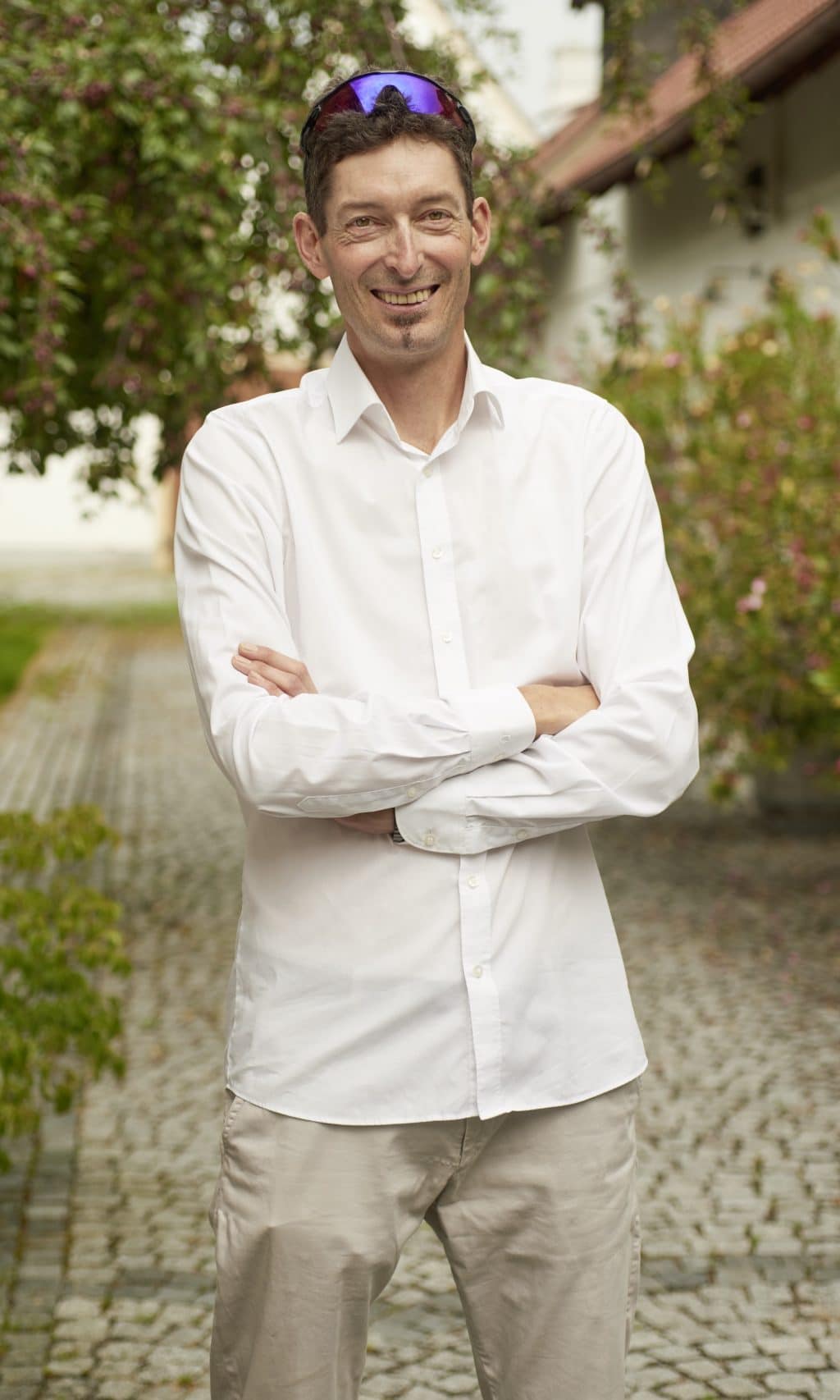
Andi Kollwentz
Weingut Kollwentz - Römerhof GmbH - Owner and winemaker
Burgenland - the rise from bulk wine to premium
That´s what makes an authority on vintners: whether there are poor years or terrific vintages, you may rely on the winery Kollwentz. The Kollwentz´ consistent and tenacious performance lasts already over decades. No matter on which subject! Andi Kollwentz is the decathlon man among Austrian wine-makers, as an expert in various disciplines, he attaines a high level with dry, red and sweet wines.
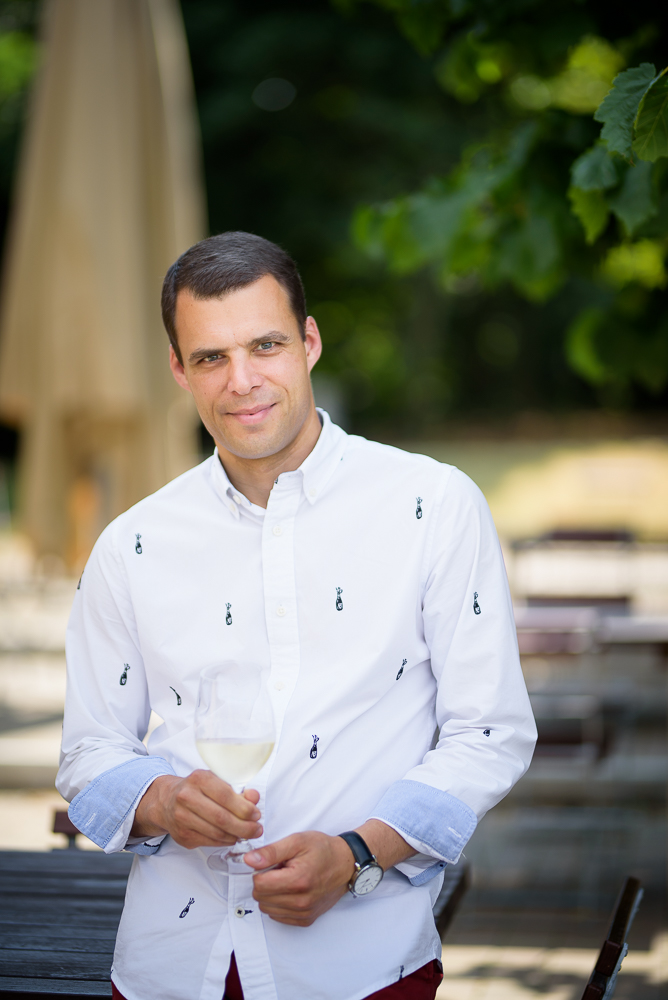
Tamás Illés
Pannonhalma Archabbey Winery - Marketing and Sales Manager
Tradition and innovation at the pannonhalma archabbey winery
After completing his bilingual secondary education, Tamás Illés pursued higher education in tourism and hospitality in Budapest and later earned a master's degree in economics in Pécs. He joined the Pannonhalma Archabbey in 2004, following the millennium-era tourism developments at the monastery. Three years later his focus was set as the marketing and commercial manager of the abbey's winery.

András Horkay
CEWI – Director
Round table discussion - Focus on Egri Bikavér
András Horkay is a DipWSET international wine academic, WSET certified wine teacher, and co-founder and head of CEWI (Central European Wine Institute). Since 2010, he has been promoting Hungarian wines and wine regions, both at home and abroadrom 2013 to 2018, he served as the chairman of the National Wine Expert Committee, has been an advisor to the Villány wine region since 2016, and was an advisor to the Mátra wine region between 2020 and 2022. In 2019, he received the Par Excellence award in the teaching category from the Hungarian Sommelier Association. Since 2022, he has been a lecturer in the Tourism and HospitalityDdepartment at the Faculty of Economics and Business Administration of the University of Szeged.
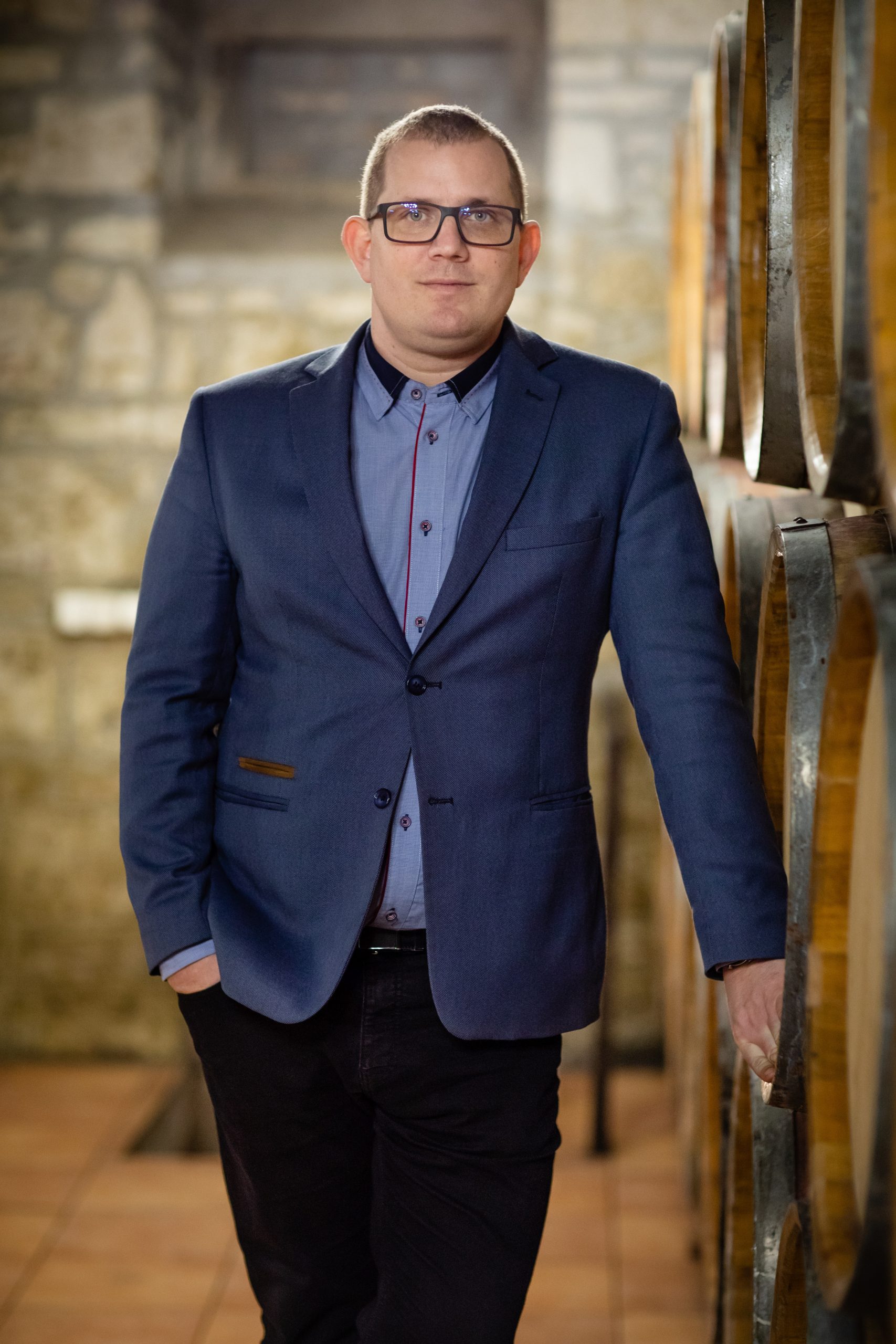
Gedeon Farkas
Varsányi Winery - Managing Director
Round table discussion - Focus on Egri Bikavér
Gedeon Farkas is the managing director of Varsányi Winery, engineer of Viticulture and Oenology. He grew up in Érd as part of an eight-sibling family. After attending the Soós István Winemaking Technical School in Budafok, he earned a degree from the Corvinus University of Budapest and gained experience in commerce and management. His goal is to elevate the family winery to the ranks of Hungary's top premium wineries.
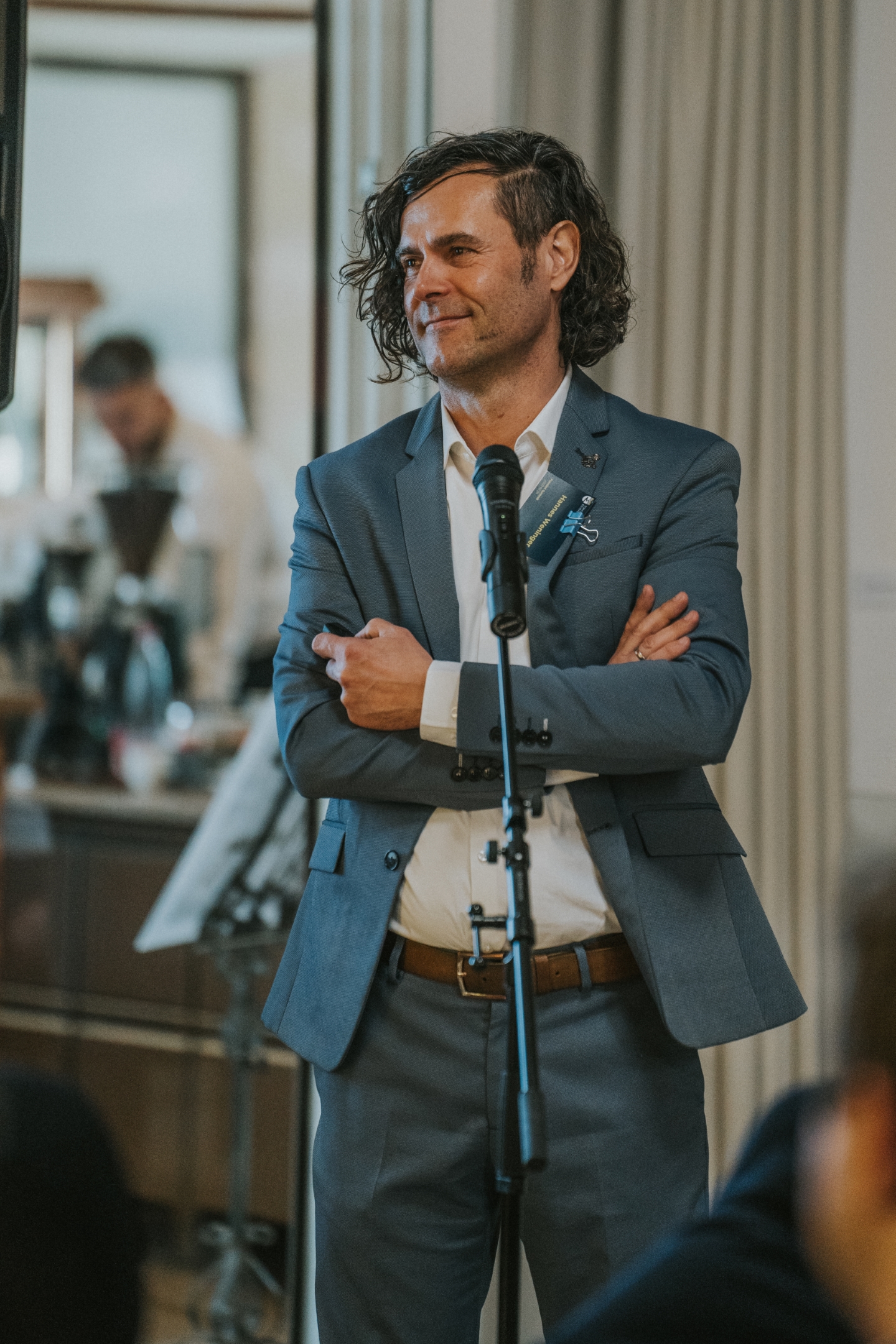
Hannes Weninger
Erbslöh Austria GmbH - executive director
The impact of climate change on winemaking in Austria
Hannes Weninger is the Managing Director of the more than 100-year-old Erbslöh Geisenheim Ltd. Their product range includes specialized solutions for beverage treatment—ranging from wine, beer, and fruit juices to spirits—which are distributed across five continents in more than 70 countries.

Csaba Héjja
MBH Bank - Agri-Food Business Strategy Analyst
Capital, efficiency, rise - The present and future of the Hungarian wine sector
Csaba Héjja is an agricultural economist and economist, serving as a strategic analyst at the Agri-Food Business Division of MBH Bank. He obtained his bachelor's degree in agricultural economics from the Faculty of Economics at the University of Debrecen and his master's degree in economics with a specialization in corporate finance from the Budapest Business University. He is responsible for the MBH AgriTrend Index, a unique quarterly publication in the Hungarian market by the bank's Agri-Food Business Division, and is also well-versed in corporate and macroeconomic analyses. His areas of expertise include the economic environment and financing of the Hungarian and international wine industry, as well as domestic and international food price transmission, including changes in wine prices. In addition to his deep knowledge of the Hungarian market, he has significant insight into international agricultural and food industry markets.
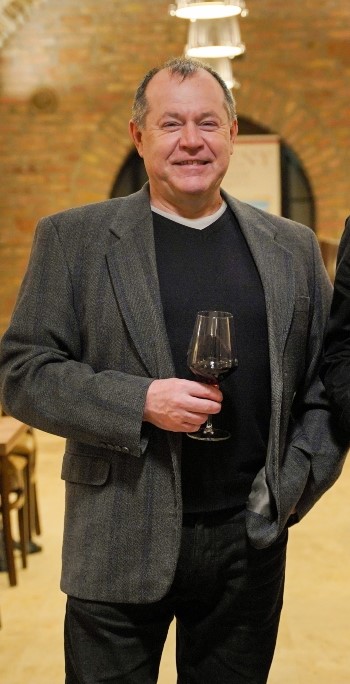
Attila Petrény
Egri Borműhely - Founding Member
Let's make the Egri Bikavér great
He is a dedicated advocate of Bikavér, the flagship wine of the Eger wine region. His philosophy is that time is the true value creator in wines. In his family winery, long-aged and long-lived wines dominate, embodying the unique aging potential of Eger’s terroirs. He believes that the market perception of a wine-growing area and its collective brands directly influences the success of individual wineries' own brands—this conviction drives his community engagement.
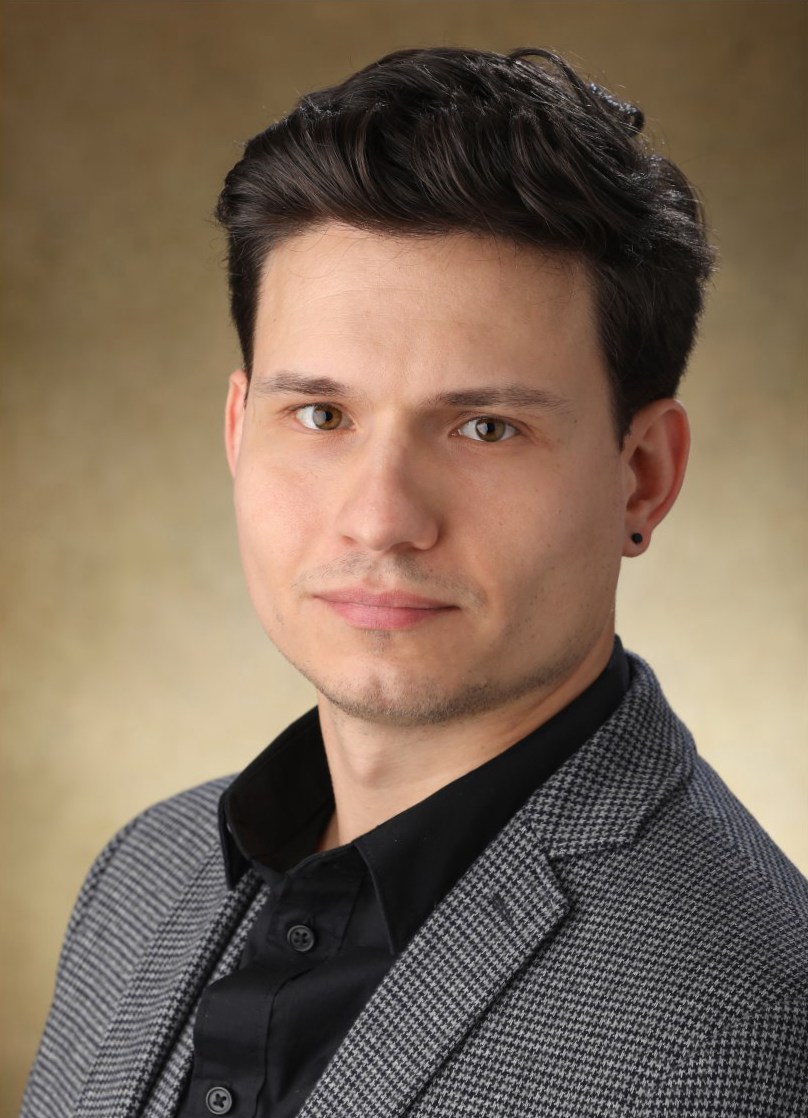
Dr. László Mezőfi
Research Institute of Organic Agriculture - Project Leader Researcher
Plant health aspects of sown inter-row cover crops
Dr. László Mezőfi focuses his research primarily on agricultural entomology, current issues in integrated and ecological plant protection, and the ecology of arthropod assemblages in orchards. Currently, he is studying the effects of sown inter-row vegetation in vineyards on ecosystem services and the composition of arthropod communities within the plantations.
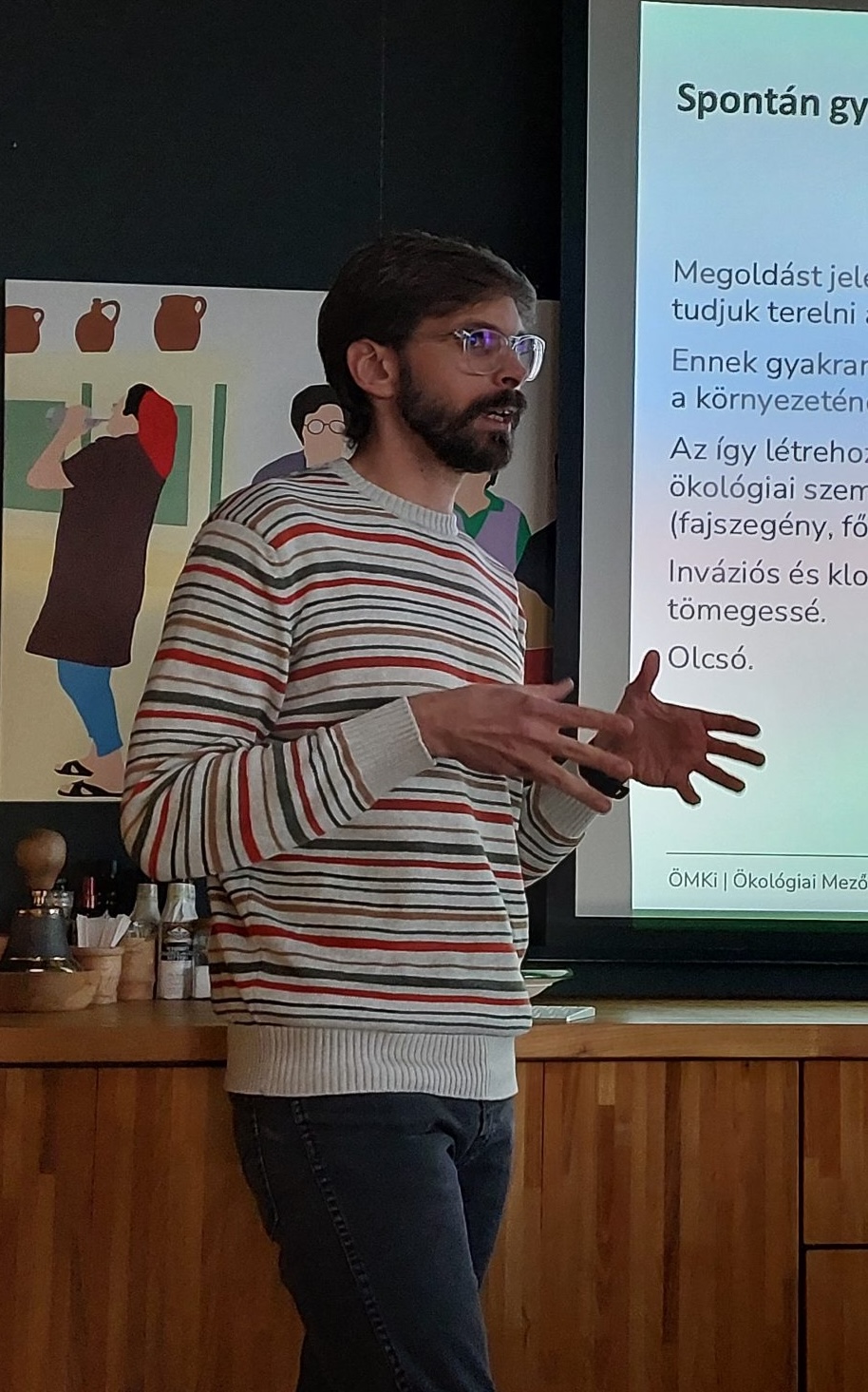
Tamás Miglécz
Research Institute of Organic Agriculture - Project Leader Researcher
The potential of grape growing to meet the challenges of climate change
Tamás Miglécz is a biologist and plant ecologist. Throughout his scientific work, he has been involved in cover cropping studies, habitat rehabilitation, habitat management, and seed bank ecology. He considers it important to test, refine, and promote agroecological best practices aimed at sustainability, which can mitigate or even eliminate some of the harmful environmental impacts of agricultural practices.

Dr. Paolo Antoniali
ITALIANA BIOTECNOLOGIE Srl
Specific yeast uses to offset the negative effects of climate change
In 1989, after the master’s in agriculture, he started working in a yeast and alcohol factory of the Dutch multinational Gist-brocades (currently DSM). At the same time, he continued his university studies specializing in microbiology and industrial biochemistry.
In 2006 he started working for a company in the wine sector as a Project Manager with the aim of selecting natural yeasts from vines from different Italian wine-growing areas and creating a laboratory, with an adjoining pilot plant, for their production in liquid and active dried format.
Since 2012 he has been CEO of Italiana Biotecnologie Srl, a company of the Esseco Group (Trecate – Italy) specialized in research & development projects on yeasts and bacteria for agro-food and agro-industrial applications.
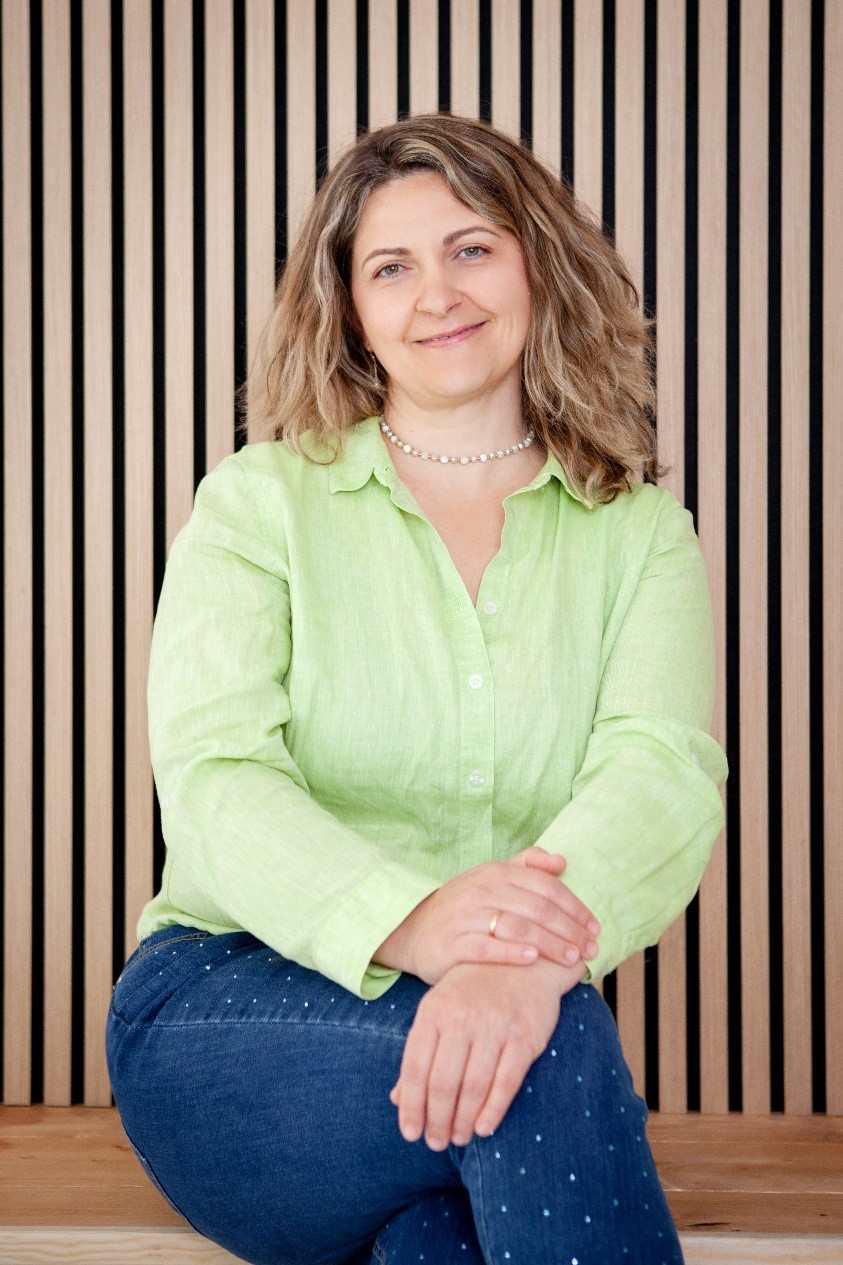
Dr. Kun Ágnes
University of Pécs Research Institute of Viticulture and Enology
Resistance breeding for environmental friendly and sustainable viticulture
As a horticulture plant protection- and precision engineer, she is a scientific associate at UP RIVO. Her research topics are the plant protection and varietal values issues on innovative resistant grape varieties. Further aims are the practical utilization of the scientific results of integrated and ecological plant protection, as well as the development of propagating technologies for high valued grape propagation material.
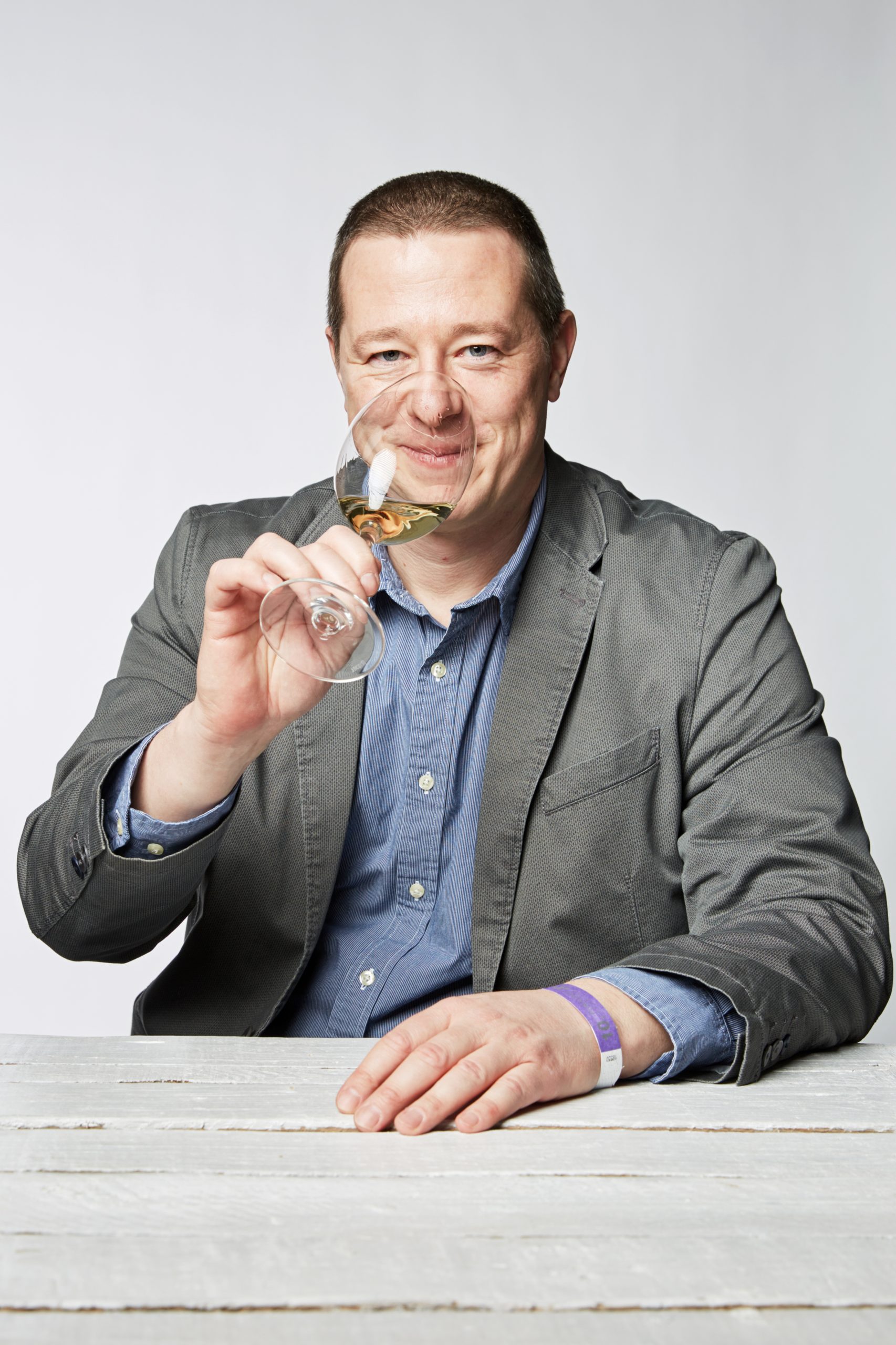
László Szilágyi
winemaker, owner
Resistance Breeding for Environmental Awareness and Sustainability
Born in Debrecen, where he also completed his early education, László Szilágyi is an agricultural economist, viticulturist-winemaker, and a competitive sports enthusiast. He has been involved in winemaking since 2005, when he took over his family’s Gizella Pince winery. He firmly believes that the key to success lies in continuously seeking and improving quality, especially in a unique wine region like Tokaj. In 2022, he began his PhD studies, hoping to gain a deeper understanding of the economic aspects of winemaking, which he can apply to his own business while also contributing to the advancement of Hungarian wine.
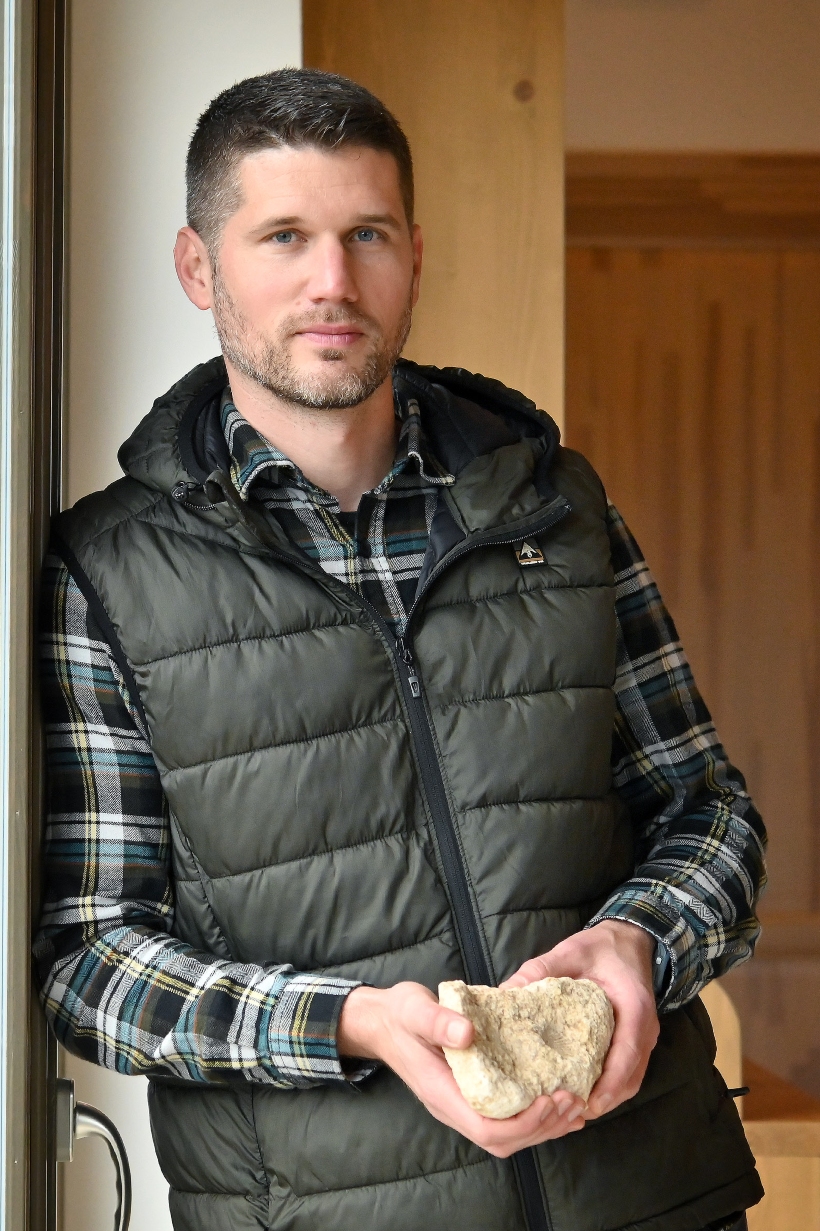
Marcell Bukolyi
BUKOLYI MARCELL ORGANIC WINES – Eger – Winemaker
Roundtable Discussion – Spotlight on Egri Bikavér
Marcell Bukolyi has been involved in winemaking for twenty years. His long-time dream was to establish a small family estate at the foot of Nagy-Eged Hill, which he and his partner, Lilla, have been building step by step since 2016. He represents a gentle, pure winemaking approach, using ripe, healthy grapes without additives. A committed advocate of organic farming, his professional goal is to produce internationally recognized terroir wines that authentically reflect the impressive potential of the Eger wine region and the Nagy-Eged vineyard. He is a founding member of the Junibor Association, was named Young Winemaker of the Year (Gál Tibor Memorial Award, 2014), and has been a member of the Winemakers’ Winemaker circle, which brings together the 50 best winemakers of the Carpathian Basin, for ten years. His wines are exported to 15 countries.
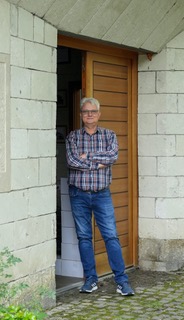
Csutorás Ferenc
A borászat mestere és a kadarka megmentője
Roundtable Discussion – Spotlight on Egri Bikavér
Munkássága szorosan összefonódik az Egri borvidékkel, ahol szenvedéllyel és szakértelemmel dolgozik, hogy a hagyományos magyar borokat méltó módon képviselje. Munkájával segíti a helyi borászatokat abban, hogy a Bikavér nevét még szélesebb körben ismertté tegyék. Az egyik legfontosabb küldetése, hogy megőrizze és támogassa a magyar borászat egyedülálló szőlőfajtáit.
A kadarka megmentése és az Egri Bikavér jövője iránti elhivatottsága példa arra, hogyan lehet a múlt értékeit a modern borászat szolgálatába állítani.